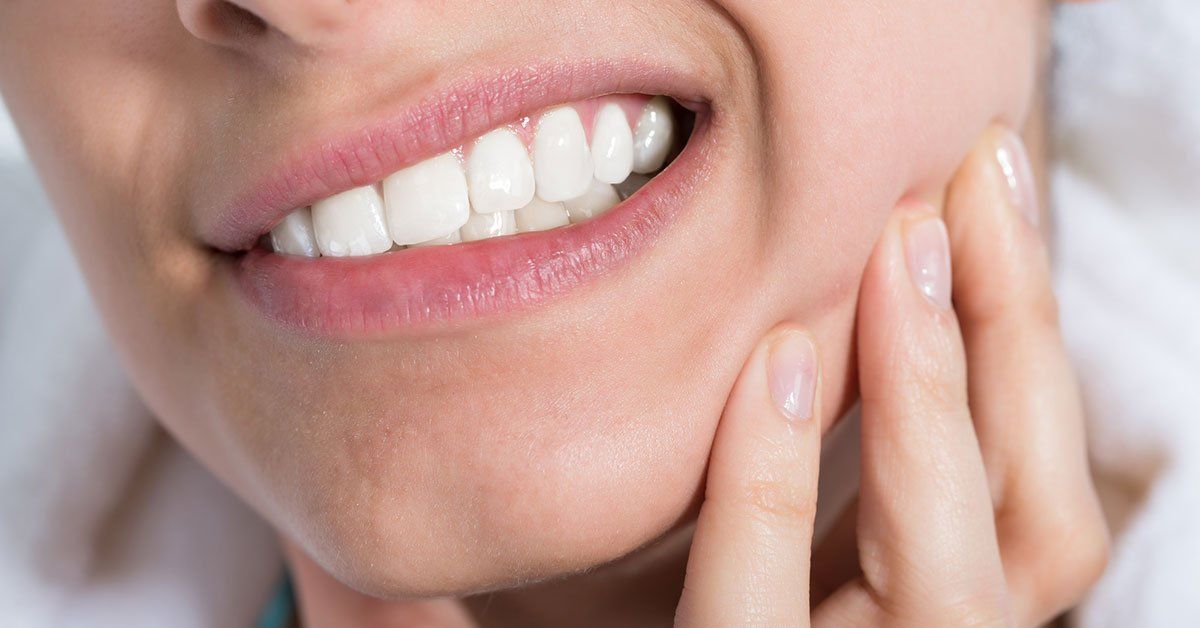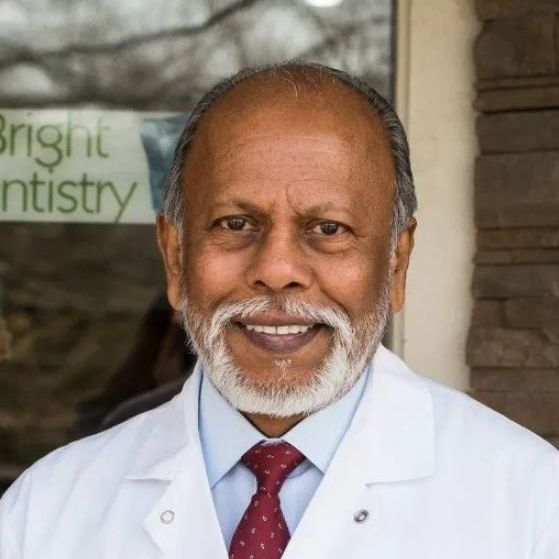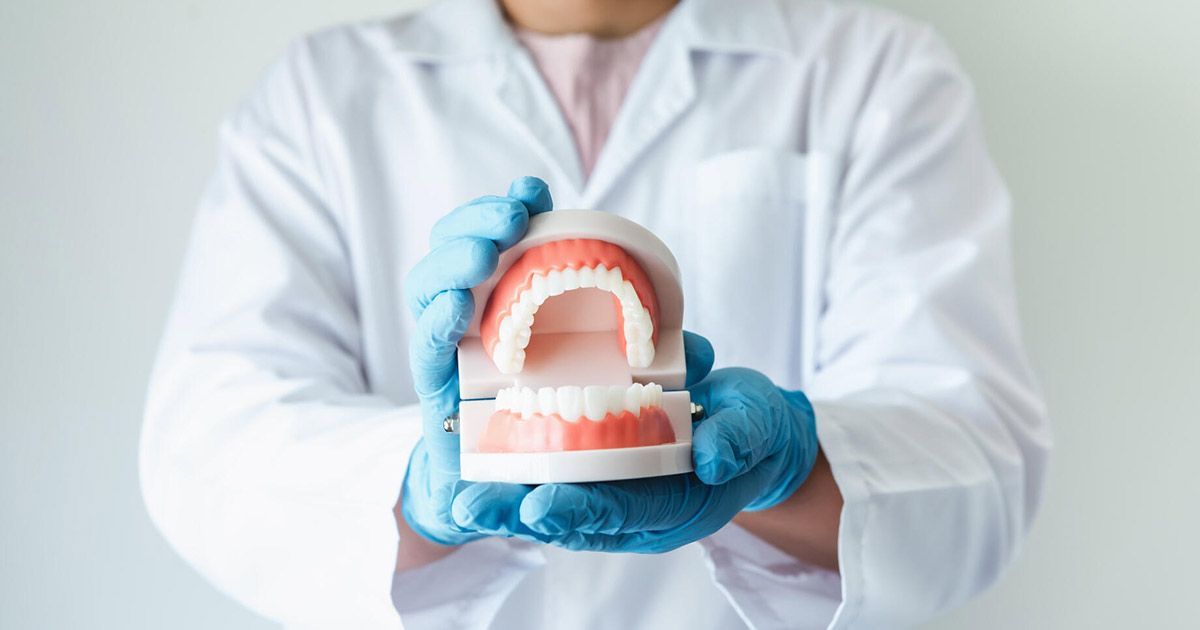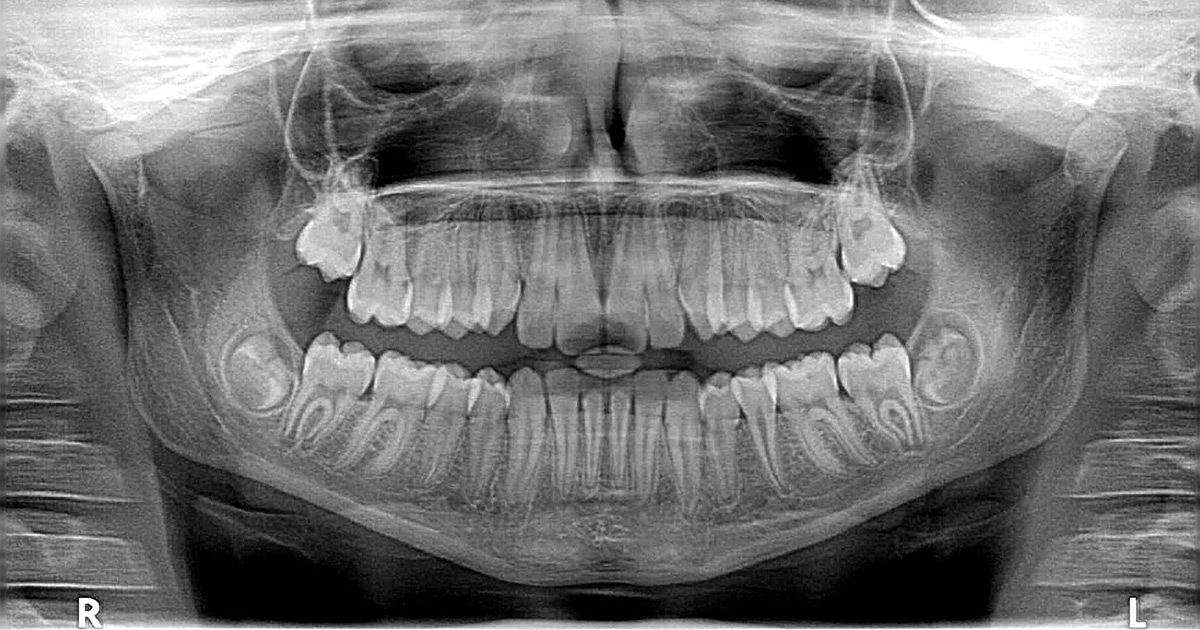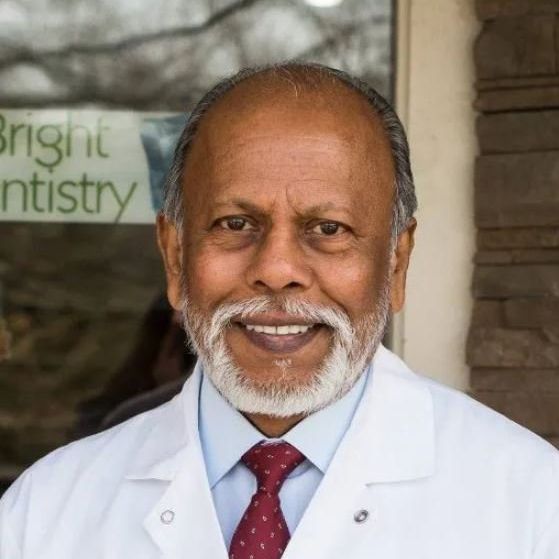Everything You Need to Know About Your Wisdom Teeth
Most of your teeth grow during your childhood years, but your "third molars" arrive much later. Find everything you need to know about wisdom teeth here.
Teething isn't just for toddlers. Adults have the pleasure of experiencing the same sinus-searing pain of teething thanks to our third molars, otherwise known as wisdom teeth.
Keep reading to learn everything you need to know about wisdom teeth and how dentists help you manage these unwieldy late molars.
Wisdom Teeth Basics
Wisdom teeth are your third set of molars that typically come in when you're between the ages of 17 and 21. You find them in the back of your mouth behind your last set of molars. You should have two on the top and two on the bottom of your jaw.
Some adults are missing some of their wisdom teeth. Don't be surprised when your dentist says you only have two or three.
Some people believe wisdom teeth are something that evolution has gradually phased out. They're our toughest, widest grinders. Since we're not all ripping meat off a bone, like our primal ancestors, we don't need them anymore.
Often wisdom teeth do not come in straight like other teeth. They
can be impacted, lying on their sides, causing a misalignment of other teeth.
Dentists Often Extract Them
Most people do not need their wisdom teeth. Thus many individuals commonly have them removed through a tooth extraction process.
Wisdom teeth can come in sideways and cause all kinds of other problems for healthy teeth. They can also have diseases in them, and in those cases, they need to come out as soon as possible.
Here are a few reasons why your dentist may recommend removing wisdom teeth:
- Suspected infection or cavities
- Abnormal-looking tissue damage to teeth nearby
- Bone loss around the roots of the teeth
- Not enough room for the wisdom teeth to come in
- A cyst caused by the sack of tissue around the wisdom tooth not developing
- Jaw bone loss caused by infection
- A sideways tooth that eats away at the roots of other teeth
- Plaque and bacteria build up around the tooth
All of these issues are cause for concern. These extra teeth can cause extra problems if there just isn't room in your mouth for them.
Not Everyone Agrees
Some public health experts think you should keep your wisdom teeth if there's nothing wrong with them. After all, a wisdom tooth extraction is a surgical process that opens up healthy tissue to extract a healthy tooth.
Wisdom-tooth extraction processes can lead to their own problems if you do not care for the tissue after the procedure. For example, you cannot suck on a straw within the first few days of the procedure. You must stick with soft foods that do not disturb the surgical site.
If you disturb the site, you can break the clot free and end up with a dry socket, a painful complication that will require more dental care.
You need to care for potentially problematic wisdom teeth before they cause you problems. But if you have a healthy tooth, public health experts and researchers wonder why you should put yourself through what looks like an unnecessary and painful procedure.
With all this said, it's good to seek a second opinion. If more than one dentist recommends it, then have that tooth extracted.
Simple Extraction
Not all wisdom tooth extractions are complicated, surgical extractions. If the tooth has presented itself, the dentist may be able to extract the tooth with a simple extraction process.
The dentist will numb your gums with a topical numbing agent. Then they will insert a needle into the gum with a stronger numbing medicine. The dentist will use a tool called an elevator to loosen the tooth, and then they will use forceps to pull the tooth out.
The hygienist or dentist will then clean the area and pack it with gauze.
You need to care for the extraction site carefully. You'll feel swollen and sore for a couple of days after the procedure. Also, do not brush or rinse your teeth for 24 hours.
To keep infection at bay you should gargle salt water every two hours for a week. The saltwater will keep your mouth clean.
Surgical Extraction
Most dentists will recommend you extract your wisdom teeth before they cause you problems. For many, this means a surgical extraction.
In past years only oral surgeons performed wisdom teeth extractions. However, today, many dentists perform the procedure regularly.
When the tooth rests below your gum line, your dentist cannot perform a simple extraction. Your dentist will begin the procedure by giving you medicine to make you sleepy.
Ultimately, you won't remember this procedure or feel pain.
The dentist will then cut open the gum and remove the tooth bone and root. Sometimes a dentist will need to cut the tooth into several pieces. Cutting it into several pieces will help keep the surgical site smaller.
When you have a tooth surgically extracted, you'll want to schedule a ride home. You should not be driving after the procedure. Your dentist may prescribe painkillers, especially if they removed any bone.
You will have some pain after the procedure. Ice your jaw periodically to help with swelling and soreness. Drink plenty of water, but avoid hot beverages, carbonated beverages, and alcohol for at least 24 hours.
You should expect significant stiffness after this procedure. You may not be able to open your jaw fully for 24 hours.
Like with any surgery, wisdom tooth extraction comes with risks. If you experience any of the following complications, you should contact your dentist immediately:
- Difficulty swallowing or breathing
- Blood oozing after two days has passed.
- Pain after more than a week has passed
- A swollen jaw or face after a few days have passed.
- A fever
- Numbness
- Foul smells
These are all signs of potentially dangerous complications that require immediate medical care
Word to the Wise
Your wisdom teeth are a natural part of your jaw. Everyone has at least one, and many people have all four. The real question is, what are you going to do with them?
A dentist will have the solution. If you're looking for a dentist to check out your wisdom teeth or just to care for your oral health needs, contact us and schedule a visit today.
We provide a variety of dental services including tooth extraction. Let us check out your wisdom teeth today.
Dr. Rohit Z Patel
D.D.S
After graduating at the top of his class, Dr. Patel continued his postgraduate studies in endodontics at Columbia University College of Dental Medicine in New York. He was appointed to assistant clinical professor of dentistry at Columbia University and later moved on to teach at the Montefiore Medical Center’s Department of Dentistry. Westchester Magazine recognized Dr. Patel as a “Top Dentist for 2012.”
Dr. Arpita Patel
D.D.S
Dr. Arpita S. Patel graduated with a DDS degree from the university College of Dentistry in 2015. Dr. Patel is experienced with an array of restorative dentistry procedures, including dental implants and many other treatments that can improve dental health, function, and appearance.
Dr. Yung Kim
D.D.S
Dr. Yung Kim is a double board certified Periodontist and board certified Prosthodontist, educated to treat many extremely complex disorders involving gum disease, tooth decay, and oral pathology. His focus is on full-mouth, complex, surgical, and reconstructive dentistry. He has extensive knowledge of implant dentistry and advanced surgical procedures, specializing in teeth in a day and All-on-Four implants. He is also Invisalign certified and experienced with CAD/CAM restorations and dentures.
Dr. Santvana Vyas
D.D.S
Dr Vyas attended NYU College of Dentistry and earned DDS in 2016 at the top of her class. She was inducted into Omicron Kappa Upsilon (OKU), the national dental honor society and earned Outstanding Achievement Award in study of Prosthodontics.
Dr Vyas is an active member of American College of Prosthodontics (ACP) and American Dental Association (ADA). She is appointed as a Clinical Assistant Professor at NYU College of Dentistry. She is married and is blessed with two sons.


